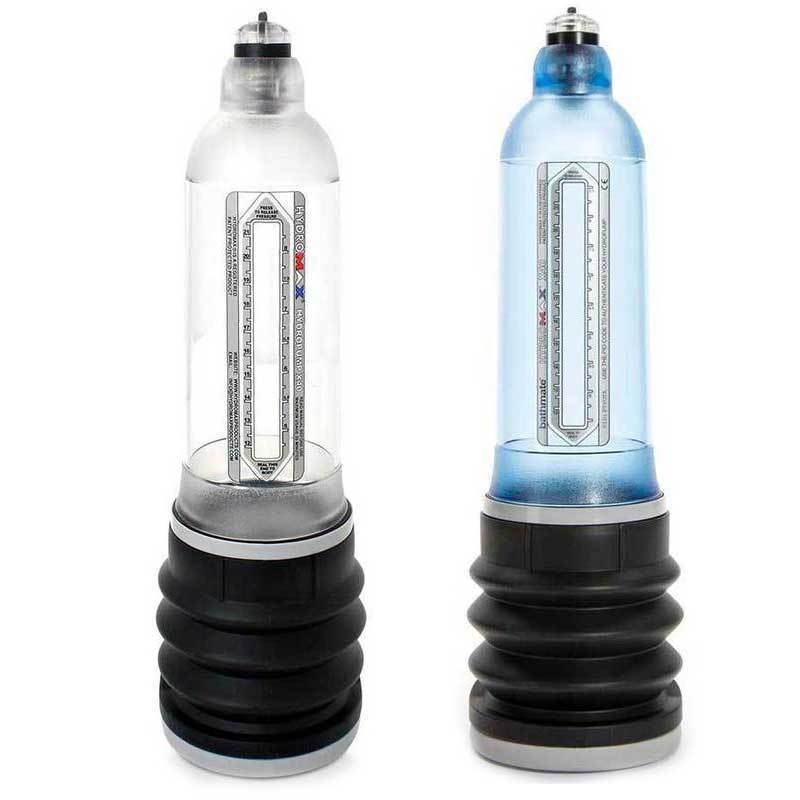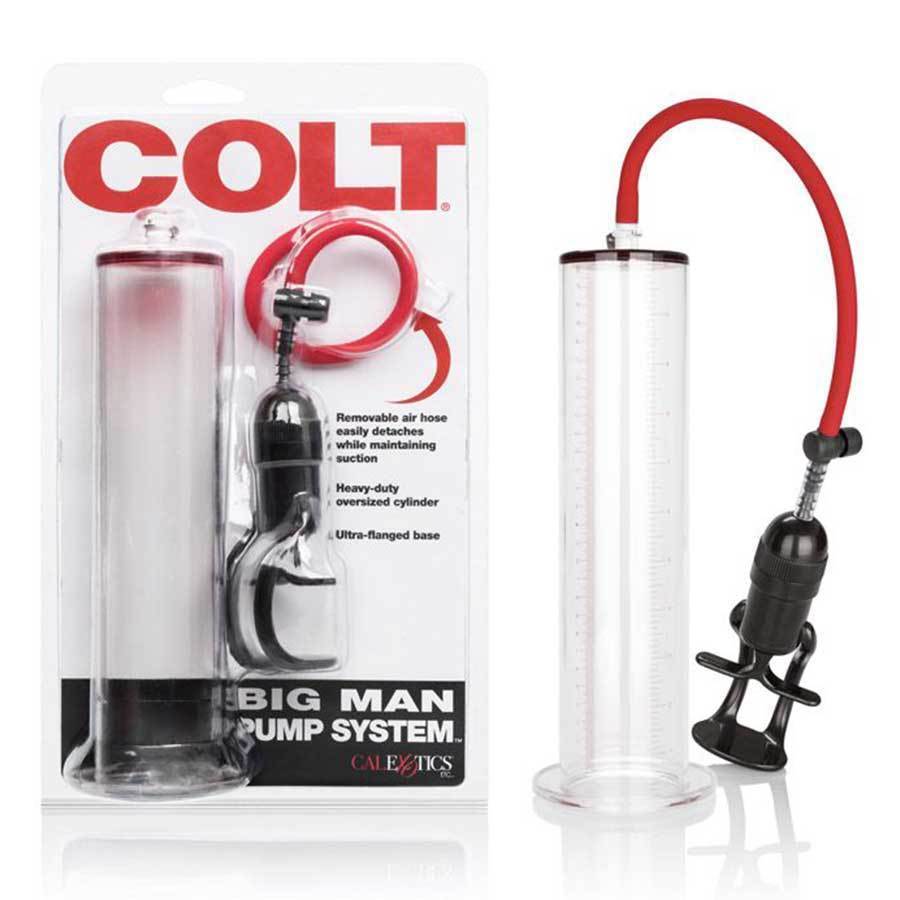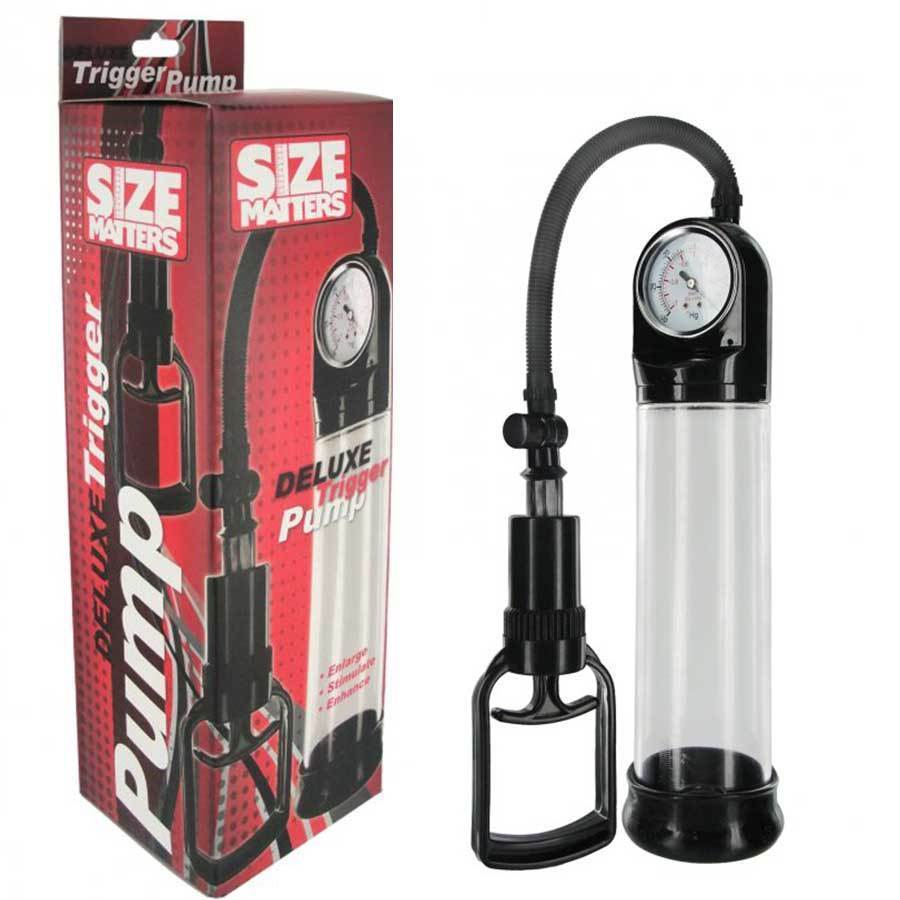Everyone's body is unique, and with that, there's no definitive age at which a man is going to lose the ability to achieve and maintain the erection they need for fulfilling sex.
However, most studies into erectile dysfunction and aging uncover common patterns and conditions showing it's more likely to happen the older we get. While erectile dysfunction isn't directly caused by aging, it is influenced by these factors that come with age.
In this article, we explore many of those risk factors, how to navigate them, and how you can enjoy an active sex life long into your golden years.
At a Glance
-
There’s no set age when men stop getting erections, but erectile dysfunction (ED) becomes more common with age.
-
ED can start in any decade, but around 40% of men in their 40s report symptoms, with prevalence increasing by 10% per decade.
-
Age-related changes in testosterone, blood flow, and overall health all contribute to changes in erection quality and sexual performance.
-
Lifestyle factors, mental health, and medications also play a major role in erectile function at any age.
-
Treatments include ED medications, testosterone therapy, penis pumps, and addressing mental or emotional health concerns.
Erectile Function Through the Decades: A Timeline Overview
So, what are these trends and patterns, and when do they come into play? Let's be clear, though; most men experience these at different times; some earlier, and some far later. While even the youngest of young men may experience ED at times, it's also not unheard of for older men to be having healthy sex and fathering children into their 80s and 90s.
But for the average man—and according to the scientific studies we reference—they outline when typical issues are likely to occur and what you can expect.
|
AGE |
WHAT TO EXPECT |
|
In your 20s |
|
|
...30s |
|
|
...40s |
|
|
...50s |
|
|
60s & 70s |
|
|
AGE |
POSSIBLE CAUSES OF ED |
|
In your 20s |
|
|
...30s |
|
|
...40s |
|
|
...50s |
|
| 60s & 70s |
|
In Your 20s
You're young, in your prime, and your body is loaded with the chemicals and signals driving you to have sex. This is your prime time to procreate. That means your body is loaded with testosterone, collagen, and the hormones that make sex feel like your true purpose in life—spoiler alert: to keep the human race going, that's exactly what it is.
However, at this stage in life, social and psychological issues can impact sexual arousal and performance. Emotional stress can lead to depression and anxiety, which doesn't just affect erectile dysfunction but is also likely to cause premature ejaculation due to heightened sensitivity and overly high levels of excitement.

ED tips for your 20s: If you suffer any form of erectile dysfunction in your 20s, consider working on lifestyle and sleep habits. At this age, issues are more likely to be mental than physical, so consider traditional options (sex or mental health therapy) to deal with stress, anxiety, or relationship problems.
In Your 30s
As you reach your 30s, much of your youthful exuberance and eagerness will be slowly subsiding—as will your testosterone levels. Even though those embarrassing spontaneous erections have likely become a thing of the past, your sexual desire will still be high.
Maintaining erections shouldn't be a problem, but they may be impacted by changes in lifestyle factors, such as a little weight gain, added stress, and poor sleep quality. You might even see early symptoms of chronic health conditions, which are also likely to affect your sexual function.
ED tips for your 30s: At this stage, if you do suffer from intermittent or mild erectile dysfunction, it's likely to be stress or lifestyle-related. This is the time to work on your diet, lose any extra weight, get some exercise, and deal with the root causes of any mental wellness problems.
In Your 40s
Around 40% of men report some form of erectile dysfunction by this point, and the rate generally increases by 10% each further decade. Men in their 40s are at higher risk of vascular conditions, diabetes, and hormonal shifts. You may also see dips in libido (sex drive) as testosterone production slows down.
ED tips for your 40s: A healthy lifestyle plays a crucial part now, as do medical conditions and health concerns. If ED is a regular problem, and lifestyle changes aren't making a difference, it might be time to have a chat with your doctor. They'll explore any possible health issues and look into your medical history for the most likely causes.
Now that there's significantly less testosterone in your system, a fully erect penis may take longer to achieve, be a little less firm, and lose function a little quicker than you'd like. Add blood pressure or other medications to your daily routine, and the ability to keep an erection can become even more challenging.
ED tips for your 50s: If testosterone therapy isn't on the table, natural ways to boost testosterone can help. Strength training is one of the best options because not only does it boost testosterone levels, but you'll also build muscle mass and improve how much energy you have—both of which will help build confidence in the bedroom.
Many men in their 50s turn to ED medication to keep an erection firm enough for satisfying sex. There are plenty of effective ED meds available, and they are nothing to be embarrassed about.
For those who prefer a more practical and less medical option, penis pumps provide increased blood flow to the penis, resulting in bigger and stronger erections.
In Your 60s and 70s+
At this point, erectile dysfunction is common, with more than 70% of men experiencing ED in some form. Erections require more stimulation or medication, but that doesn't mean that sex for these seniors has to be any less fulfilling.
ED tips for your 60s and 70s: Satisfying sex doesn't always require penetration, and there are countless ways to engage in intimacy and sexual behavior without it. If penetration is a must for you or your partner, a penis sleeve is a highly effective and simple solution, allowing all the motion and sensation of traditional sex without the worry of maintaining an erect penis.
Why Erectile Function Changes With Age
As men age, maintaining the healthy blood vessels required to pump blood into the penis for an erection becomes harder. Vascular insufficiency is one of the most common causes of erectile dysfunction.
Any disease process that affects penile arteries, nerves, hormone levels, smooth muscle tissue, corporal endothelium, or tunica albuginea can cause erectile dysfunction. -- Erectile Dysfunction, National Library of Medicine
For healthy erections, we need a healthy vascular system, nervous system, and hormone system, which means maintaining our mental and physical health as well as we possibly can. To make erectile function even more problematic, conditions like diabetes (making ED three times more likely), heart disease, high blood pressure, high cholesterol, and obesity all directly affect blood flow and our ability to get hard.
|
AGE-RELATED PHYSIOLOGICAL CHANGES |
AGE-RELATED MEDICAL CONDITIONS |
AGE-RELATED MENTAL HEALTH ISSUES |
|
|
|
While all these different concerns can affect erections, it doesn't mean they will. Often, it's a case of multiple issues adding up to create reduced sexual function, so addressing any and all possible issues is essential for the best chances of maintaining your best erectile health.
What Causes ED Besides Age?
We've mentioned each of the following factors in several of our age categories, and while they have a greater effect on erection quality as we get older, they regularly cause significant problems at any age.
1. Lifestyle factors
To keep blood flow at its best, our blood vessels in prime condition, and because the cardiovascular system, hypertension, and ED are all linked, maintaining good health and fitness plays a significant part in sexual function. On the flip side, smoking, poor diet, inactivity, sleep issues, and alcohol all have a negative effect.
2. Poor mental health
As with lifestyle factors, stress, relationship issues, depression, and anxiety all affect self-esteem, leading to performance anxiety, and crop up regularly throughout our lives. Managing stress through talking therapies is our preferred solution, as many antidepressants and stress medications can add to ED problems.
3. Medication side effects
Many medications have a direct impact on erection quality and often worsen ED symptoms. Sadly, as we age, we're likely to be taking more medications, the older we get.
For example:
- Blood pressure medications (thiazides, beta-blockers, diuretics)
- Parkinson's medications
- Heart arrhythmia and other heart disease medications
- Painkillers (codeine and morphine)
- Antidepressants
- Chemotherapy meds
If you think your current meds could be the cause of ED, talk to your doctor.
4. Nerve damage and penis conditions
Prostate cancer, surgery, or its treatments can affect the nerves in the penis—in fact, any condition or surgery on or around our reproduction system can.
According to the Prostate Cancer Foundation, one in eight men will be diagnosed in the US at some point in their lives, with the majority being over 50. While the 5-year survival rate is above 99%, it's essential to get regular checkups to catch it while it's still treatable. Early treatment could also lower the risk factors of erectile dysfunction.
Peyronie's disease, where scar tissue develops in the penis causing curved, painful erections, is also common amongst older men between 45 and 70 and another cause of erectile dysfunction. It rarely goes away on its own, so seeking treatment is essential to improve symptoms.
How to Stay Erect Longer As You Age
To keep your body healthy and active as long as possible, you need to look after it. That means being active in all the diet, sleep, exercise, and stress management areas we've already spoken about.
Your doctor may suggest testosterone therapy if your low T-levels can't be improved through lifestyle changes.
As far as ED medications go, the three main types are sildenafil (Viagra®), tadalafil (Cialis®), verdenafil (Levitra®), and avanafil (Stendra®). Medication is an effective treatment for those developing ED as they age, helping them to keep their erection long enough for satisfying sexual function. Telehealth and online ordering can help those embarrassed get the meds they need, although, as we've said, there's nothing to be embarrassed about; it's just another part of the aging process.
For a more practical and less invasive alternative, penis pumps are a great option for many men. By creating a vacuum around the penis, they increase blood oxygenation to the corpora cavernosa—they suck air into the penis tissue required to make erections. Sliding a constriction ring around the base of the penis traps the blood in place to maintain the erection.
When to Speak to Your Doctor

If you regularly struggle to get an erection for sex, now's the time to seek help. Your doctor will help you determine the cause by discussing the nature of the problem, whether physiological or psychological. They'll explore whether erections are only a problem during sex and whether you still get morning erections or have them during sleep, and they may even consider blood tests and scans to determine flow or other underlying health concerns.
Summary
While getting and staying hard enough for sex becomes problematic as men age, it doesn't have to affect the pleasure we get from sexual activity. Keeping mentally and physically healthy will improve the chances of maintaining the erection quality we need later into life, but if erections are becoming less reliable there are plenty of options that give our penises the helping hand they might need.
Medical treatments, medications, penis pumps, and penis sleeves are all effective treatments that combat the physical problems brought on by erectile dysfunction.
Where the problem is psychological, talking to a doctor or therapist about anxiety, depression, and your mental health problems will open up a range of treatment options designed to get you back to action as soon as possible.




